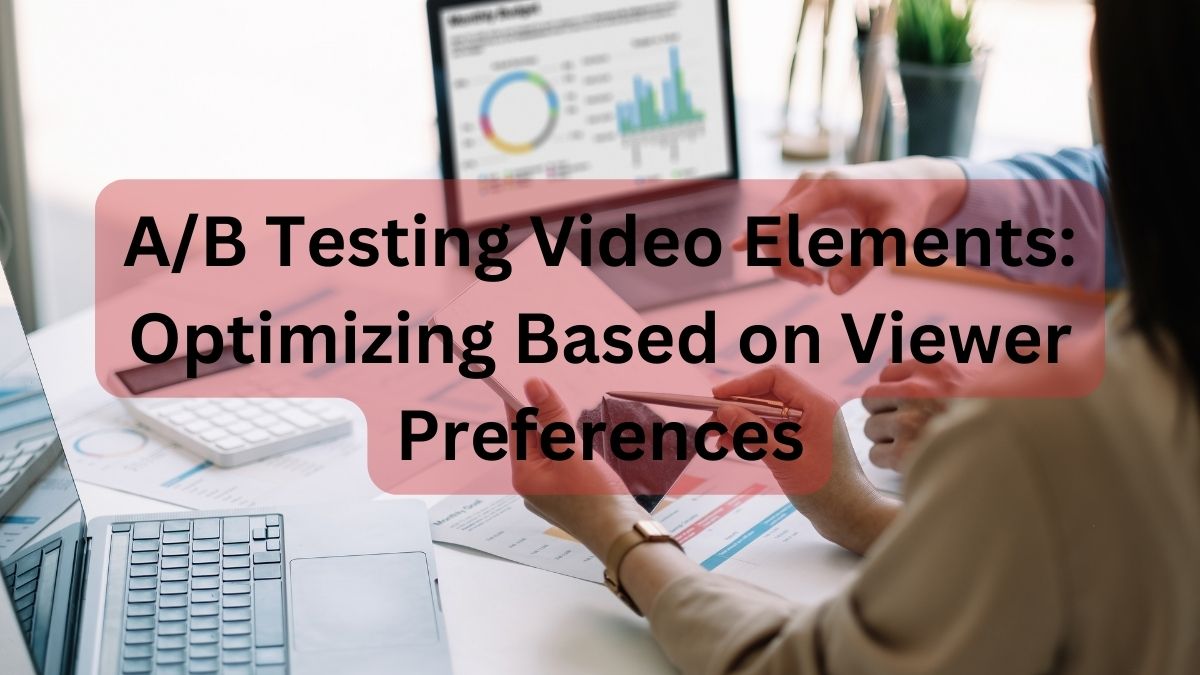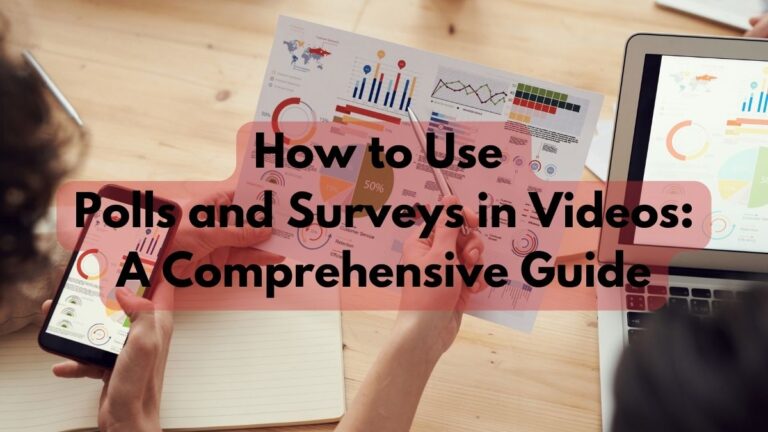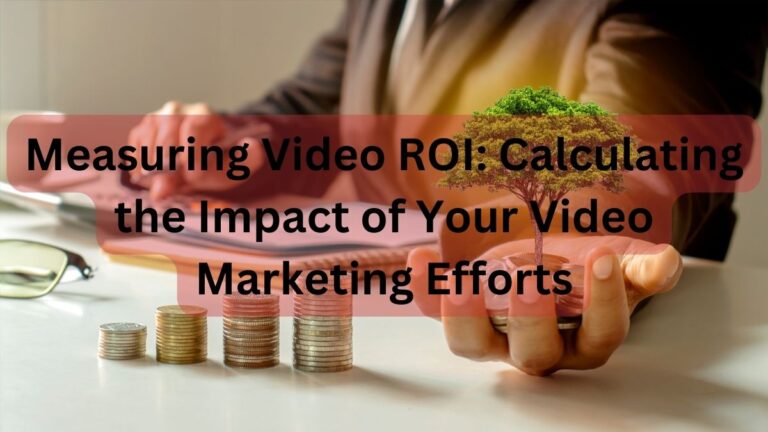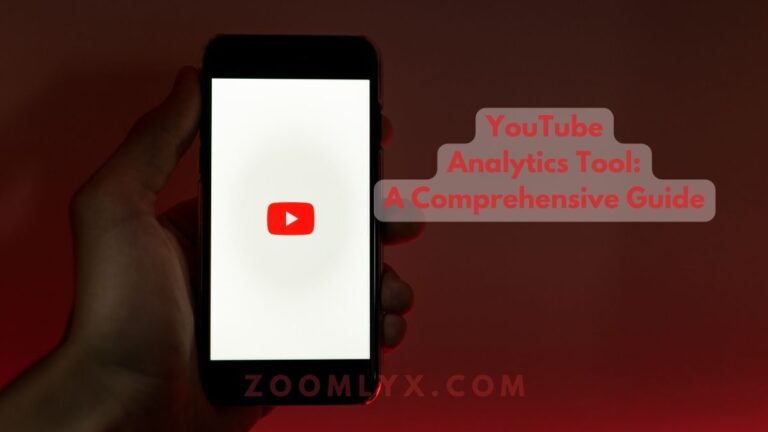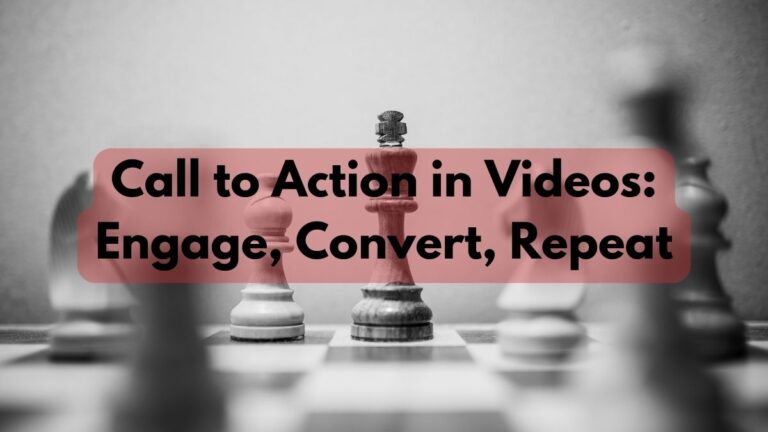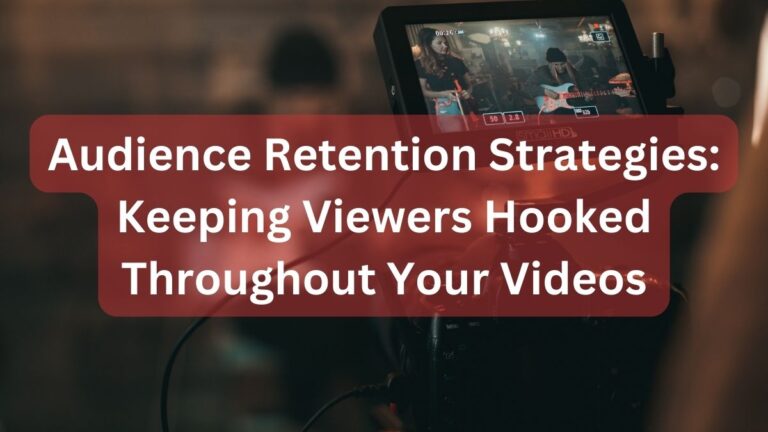A/B Testing Video Elements: Optimizing Based on Viewer Preferences
In the digital age, content is king, but understanding its effectiveness is the crown jewel. If you’ve ever been curious about how a small tweak in your video can dramatically enhance its impact, you’re in the right place. A/B testing video elements is that magic wand, especially when applied to video content.
“Half the money I spend on advertising is wasted; the trouble is, I don’t know which half.” – John Wanamaker
This age-old quote still rings true, but with A/B testing, we’re getting closer to finding answers.
Why A/B Testing Video Elements is Essential
Did you know that by 2022, online videos will make up more than 82% of all consumer internet traffic, according to Cisco? In such a landscape, understanding viewer preference isn’t a luxury—it’s a necessity.
- The Meteoric Rise of Video: Whether it’s marketing, education, or entertainment, video is fast becoming the go-to medium. And with platforms like YouTube boasting 2 billion logged-in monthly users, one can’t afford to overlook the power of video.
- The Subtle Game of Engagement: Ever changed a thumbnail and noticed a spike in clicks? That’s the precision A/B testing video elements brings. Even minuscule changes can swing viewer engagement.
Understanding the Basics: What Can Be A/B Tested in Videos?
From the sneak-peek offered by thumbnails to the lingering afterthought of outros, every element of a video is ripe for A/B testing.
- Video Thumbnails: A compelling thumbnail can boost your video’s click-through rate by up to 154%.
- Titles and Descriptions: Think of them as your video’s storefront. They must grab attention, like how BuzzFeed routinely tweaks titles to maximize engagement.
- Video Length: TED talks, celebrated for their succinctness, usually clock in at 18 minutes or less. It’s a length based on audience retention data, pointing to the diminishing attention spans.
- Call-to-Actions (CTAs): According to Vidyard, videos with CTAs have a 31% higher conversion than those without.
- Graphics and Overlays: When Facebook introduced video captions, they noted an increase in video view time by an average of 12%.
Setting Up Your A/B Test for Video Content
The quest for optimizing video content begins with setting clear goals. Want more shares? Higher engagement? Define it!
- Establish Your Goal: Whether it’s boosting conversions or simply increasing views, clarity is key.
- Select the Element: Zero in on what you want to test—whether it’s the video length or the outro.
- Sample Size Matters: Use platforms like Optimizely to ensure your testing sample is statistically significant.
Collecting and Analyzing Data
Gathering data is one half of the puzzle. The other half? Deciphering it.
- Types of Metrics: Watch time, view count, engagement rate—the more granular your data, the better your insights. For instance, Wistia found that videos up to 2 minutes long get the most engagement.
- Tools for Data Collection: Platforms like Google Analytics and VidIQ offer a deep dive into video metrics.
Challenges and Best Practices of A/B Video Elements
A/B testing video elements isn’t without its hurdles. But the rewards? Worth every bit of the challenge.
- Avoiding Biases: Ensure external factors, like holidays or major events, don’t skew results.
- Diverse Audience Sample: Netflix, for instance, tests thumbnails across diverse demographics to ensure a broader appeal.
Real-World Examples
- Netflix: They A/B tested the images promoting “Stranger Things” and found that the ensemble cast images outperformed others.
- Discovery Digital Networks: They found a 33% increase in views and 30% increase in retention by using A/B tested thumbnails.
The Future of A/B Testing in Video Content
With AI becoming more prevalent, expect predictive A/B testing video elements to become the norm. AI can preemptively analyze which video elements will likely resonate more with viewers, saving time and resources.
Conclusion
In a world inundated with content, standing out is no easy feat. A/B testing video elements equips you with the tools to tailor your videos to the nuances of viewer preferences, ensuring that your content doesn’t just exist—it excels.
“In God we trust; all others bring data.” – W. Edwards Deming

